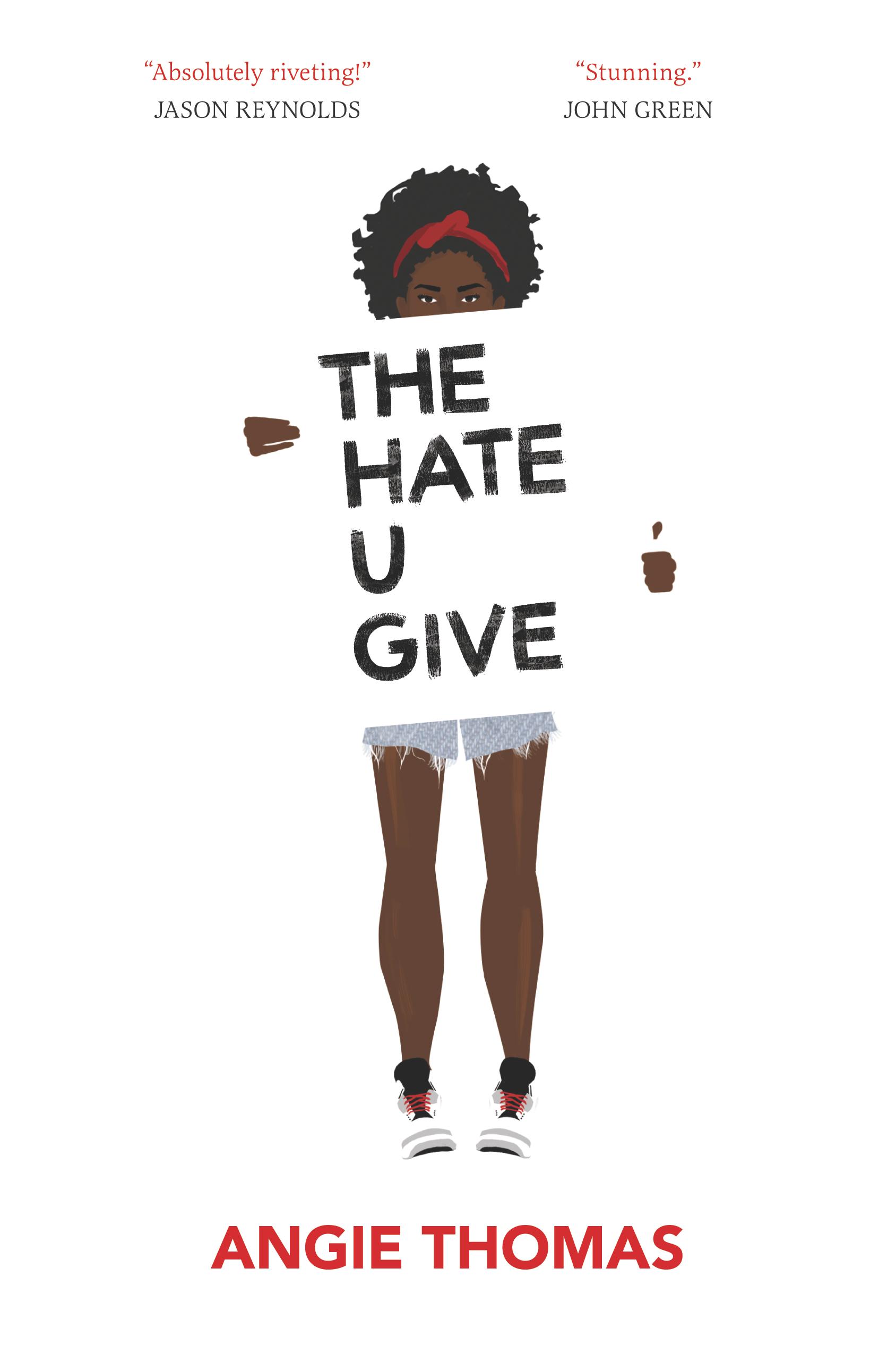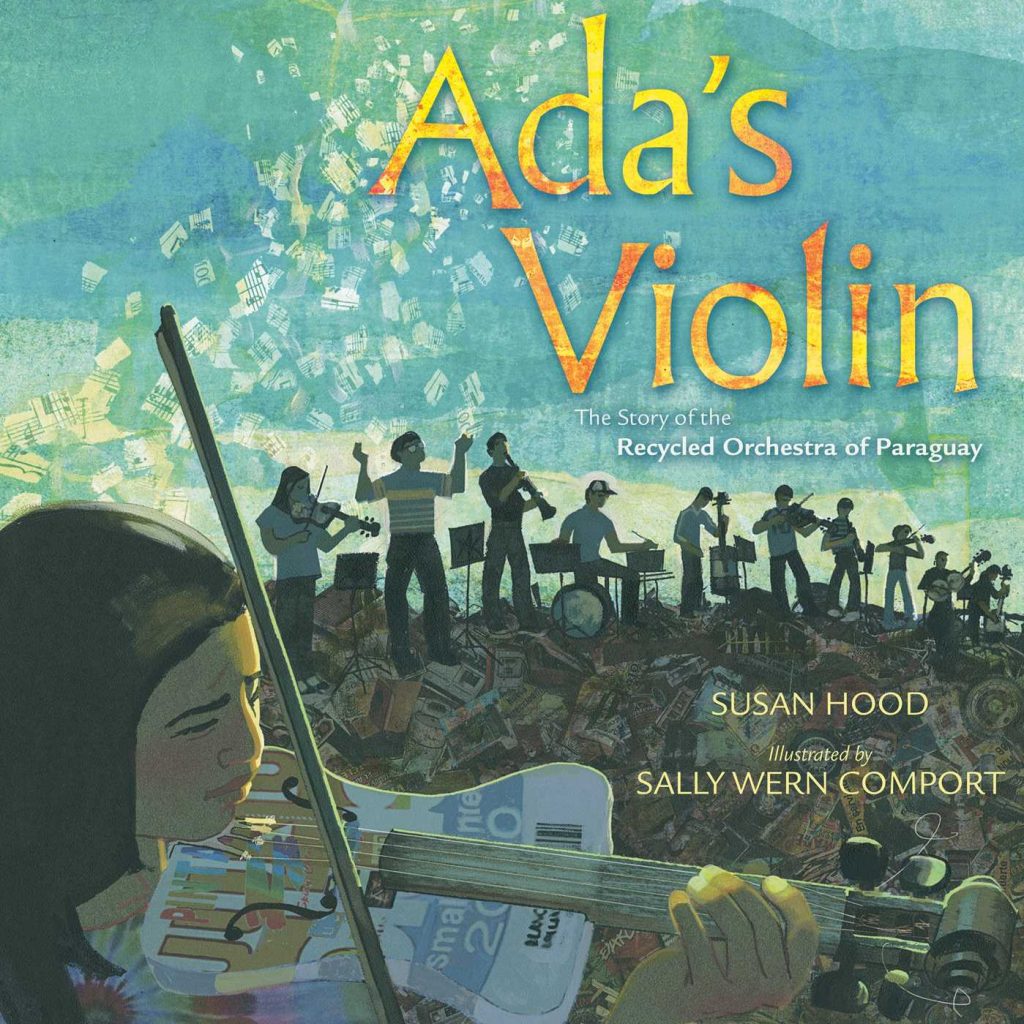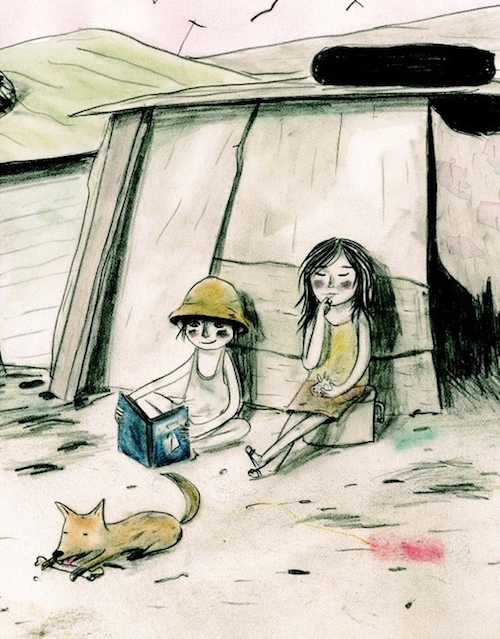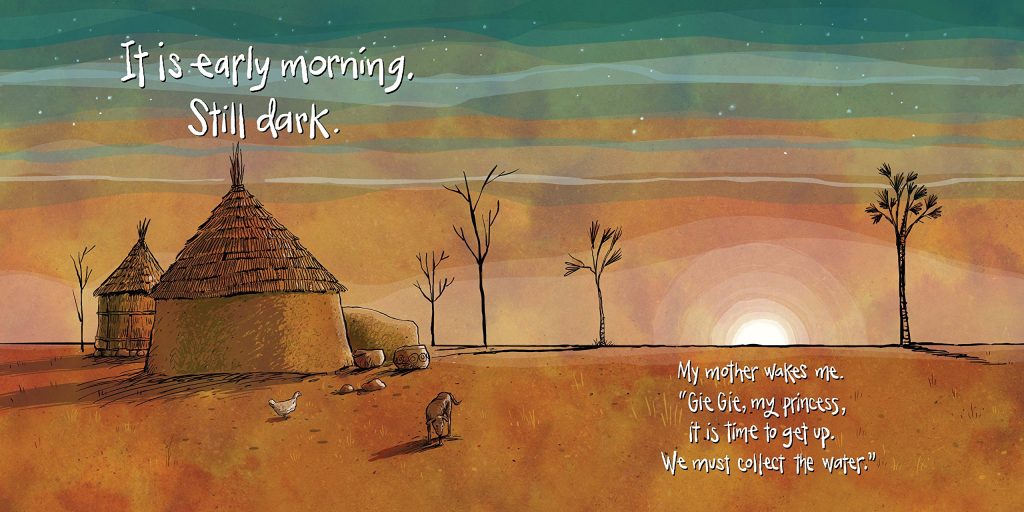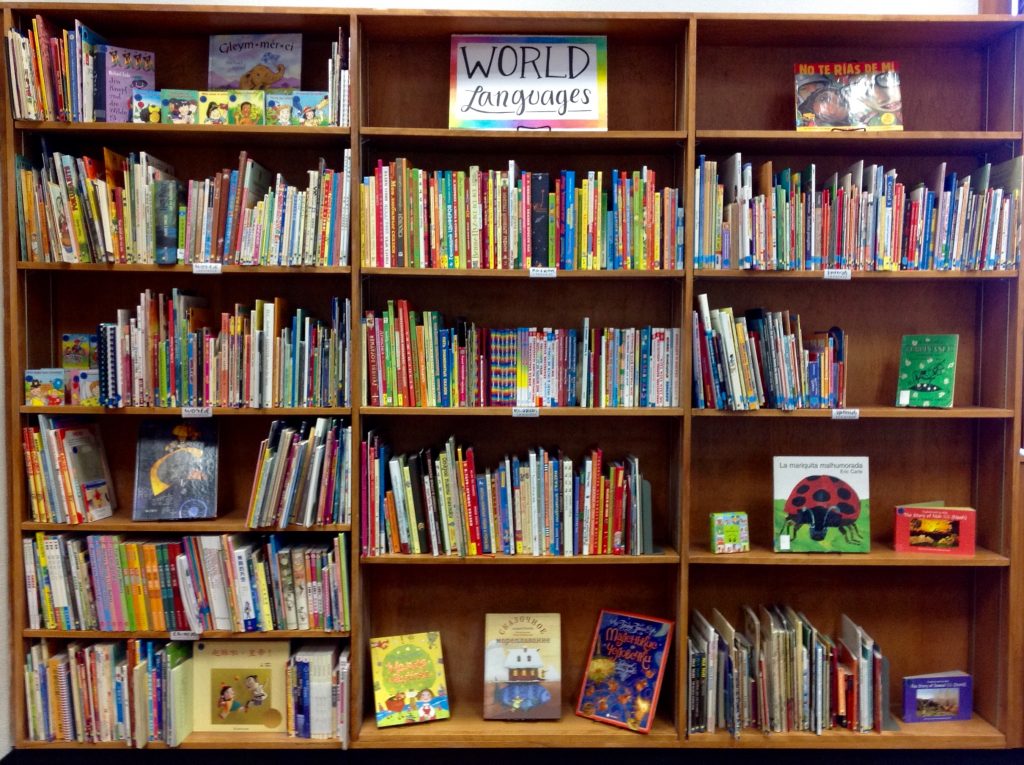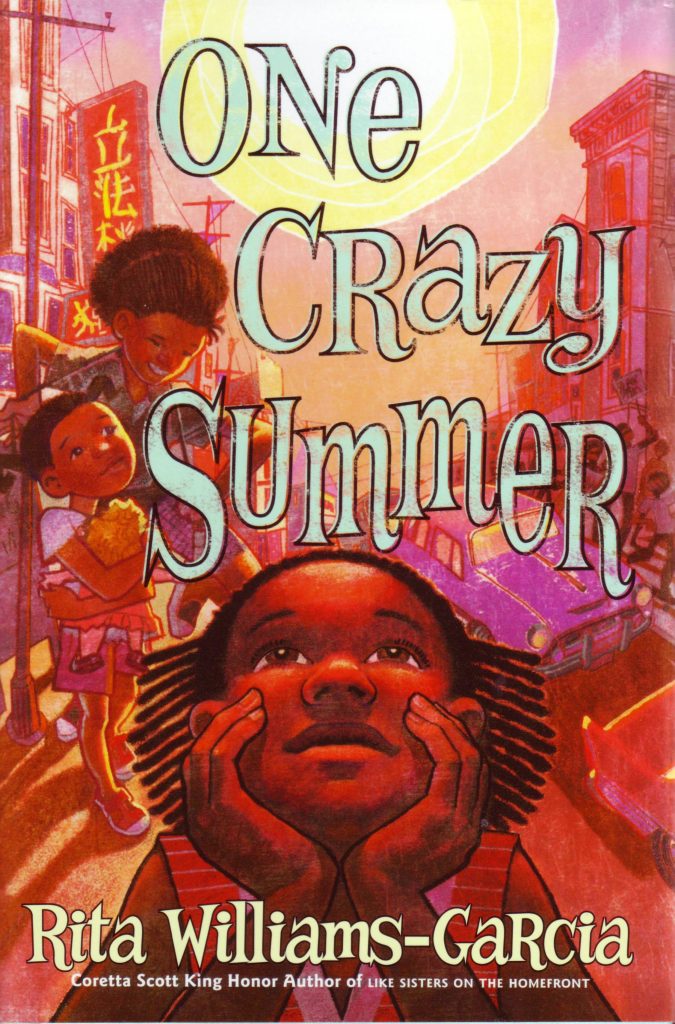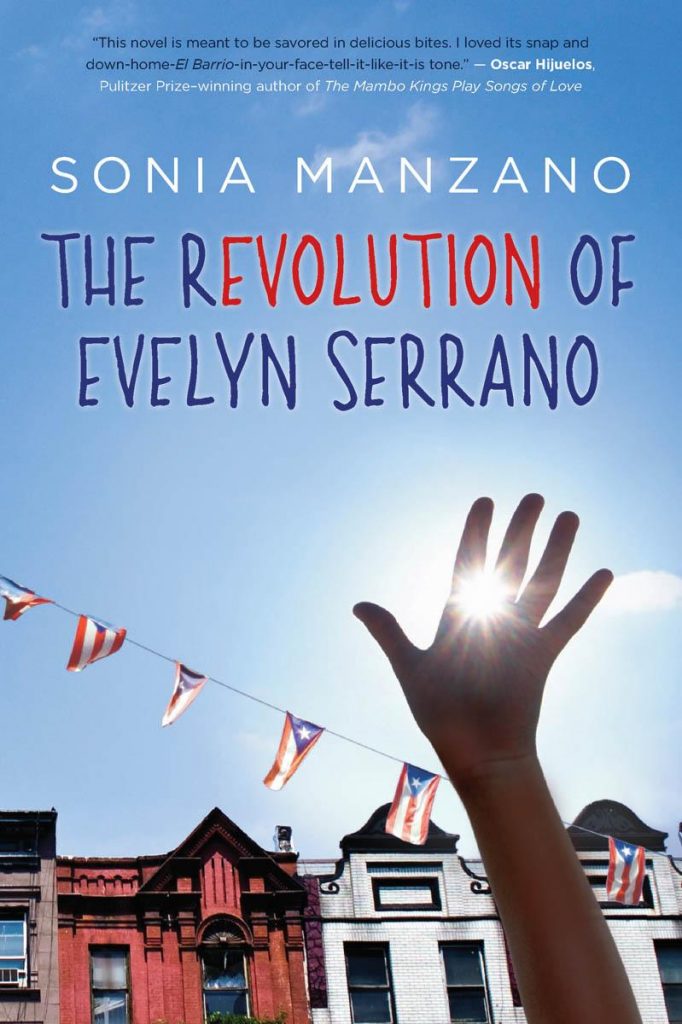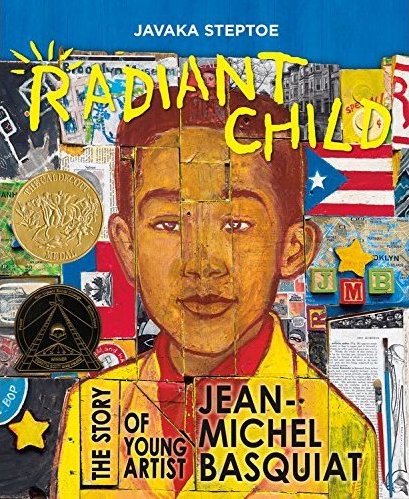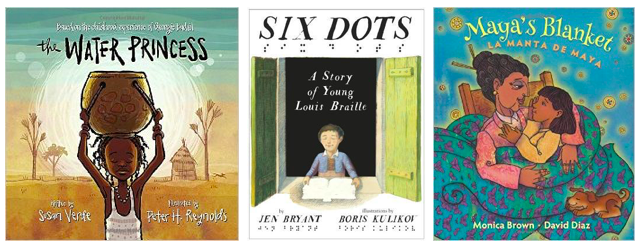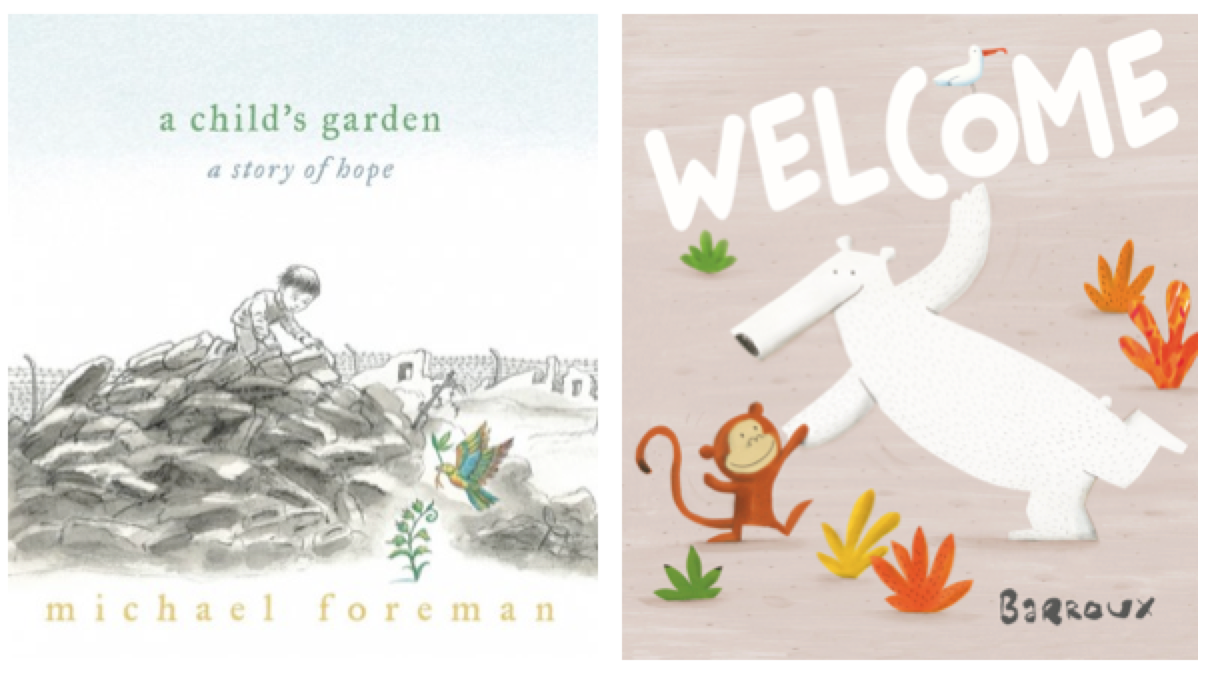By Deborah Dimmett, The University of Arizona
My visit to Haiti this summer has made me reflective about the direction of my own country. For the past month, I worked on three projects that focus on critical problems that have deep roots tied to poverty, opportunism, and politics. However, there are striking parallels to the direction in which the United States is heading with respect to caring for the most needy and vulnerable, honoring civil liberties and human rights, as well as supporting education for all because democracy in any form cannot exist without a well-informed and educated populace. In Haiti, extreme poverty, weak institutions, and natural disasters hold in place the unfortunate status quo for most Haitians. The United States, on the other hand, is among the most privileged countries in the world. Yet, our government and institutions are fervently deciding to pull support from education and social programs while civil liberties continue to be tested by the Trump Administration. This month, I write on four themes that connect realities in United States with those in Haiti. For each theme, I will feature a young adult novel that delves further into that theme. This week, I use The Hate U Give by Angie Thomas to explore racism and police brutality.


